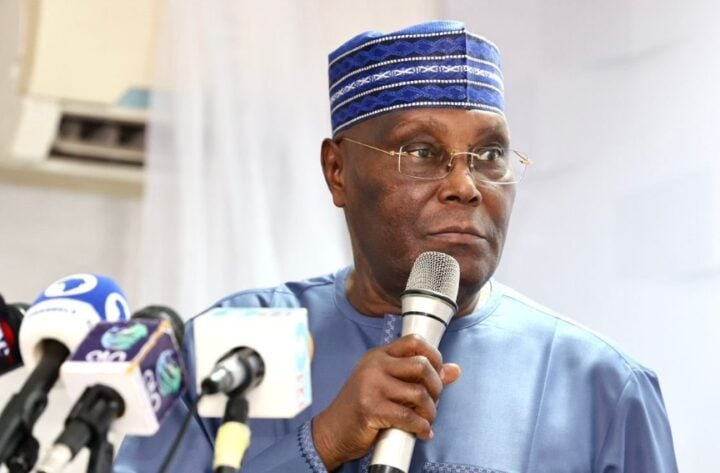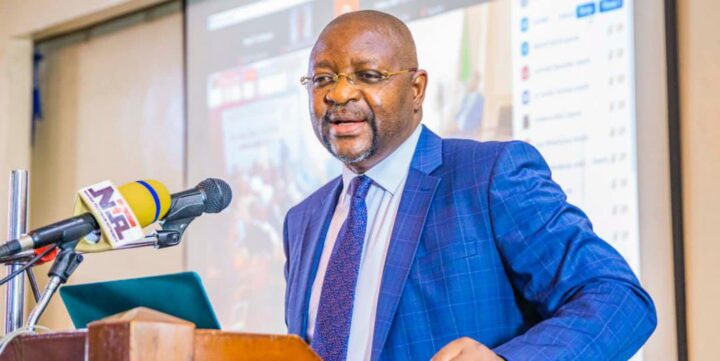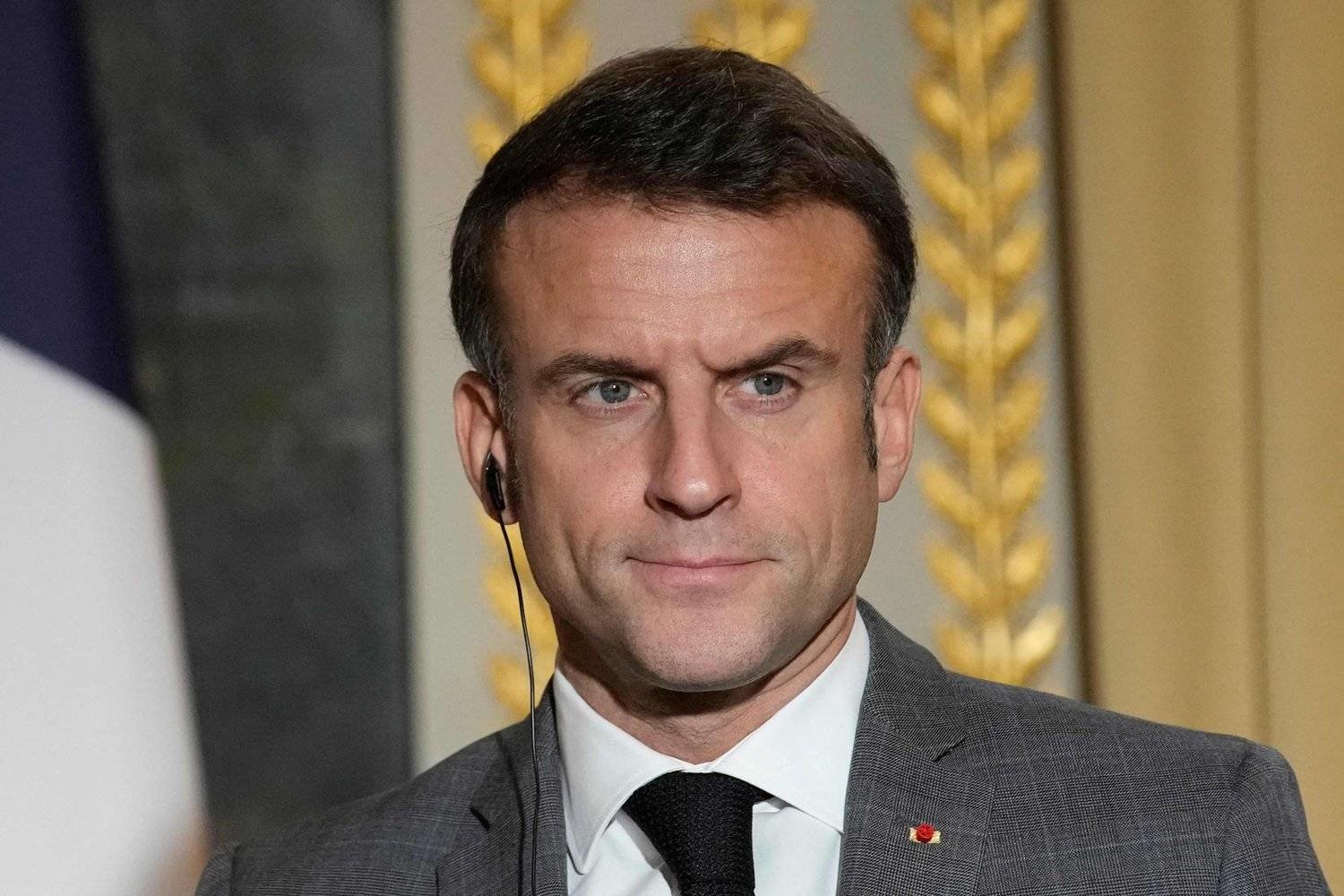The Nigerian Electricity Regulatory Commission (NERC) has asked state governments to reflect the wholesale costs in tariffs or be ready to pay subsidies for any tariff shortfall.
The statement comes as the commission begins the transfer of electricity regulatory oversight to subnational governments.
On July 21, the Enugu Electricity Regulatory Commission (EERC) reduced its Band A electricity tariff from N209 to N160/kWh — a development distribution companies (DisCos) opposed.
In a notice on Thursday, the NERC said state governments lack jurisdiction over the national grid, and power stations established under federal laws or operating under licences it issued.
Advertisement
“As States do not have jurisdiction over the national grid and over electric power stations established under federal laws/operating under licences issued by the Commission; they must holistically incorporate the wholesale costs of grid supply to their States without any qualification or deviation in their design of tariffs for end-use customers,” the NERC said.
This, the commission said, is to prevent distortions in “the dynamics of the market”.
The NERC said states should instead be prepared to make a policy intervention “by way of a subsidy for any deviation in the tariff structure that distorts the wholesale generation, transmission and legacy financing costs in NESI”.
Advertisement
“The Commission’s attention has been drawn to the increasing stakeholders’ concerns on the Tariff Order (Order No. EERC/2025/003) issued by the Enugu State Electricity Regulatory Commission (“EERC”) to its Licensee Mainpower Electricity Distribution Limited (“MEDL”) that relies exclusively on electricity supply (generation and transmission) from the national grid,” the commission said.
“NESI stakeholders have expressed concern about the consequences of the reduction of tariffs for Band A customers in MEDL’s network area to NGN160.4 per kWh and the freezing of tariffs of customers in the other bands on the wholesale generation and transmission costs along with the financing costs for legacy obligations in NESI.
“It is pertinent to state that the NGN160.4 per kWh was arrived at largely by reducing the current average Generation Tariff of NGN112.60 per kWh to NGN45.75, with an assumption of subsidy component, a difference of N66.85 per kWh.”
Citing section 34(1) of the Electricity Act 2023, NERC said a statutory obligation is imposed on it to “create, promote and preserve efficient electricity industry and market structures, and ensure the optimal utilization of resources for the provision of electricity”.
Advertisement
According to the commission, the EERC, as a subnational electricity regulator, also has a similar statutory obligation in its enabling law.
However, the commission said neither NERC nor EERC, as “responsible regulatory institutions”, would take decisions that expose the national grid and wholesale electricity market to a financial crisis in contravention of express powers granted to them by the constitution.
The commission advised all stakeholders to note that it is currently “engaging EERC on their tariff order as it relates to any perceived area of misinterpretation/misunderstanding on wholesale generation and transmission costs on their import of power from the national grid”.
The NERC expressed commitment to ensuring that the electricity market achieves full cost recovery in accordance with federal laws.
Advertisement







